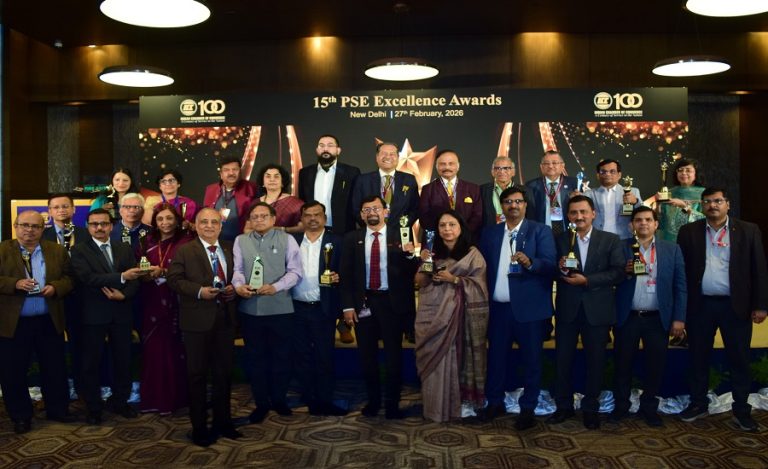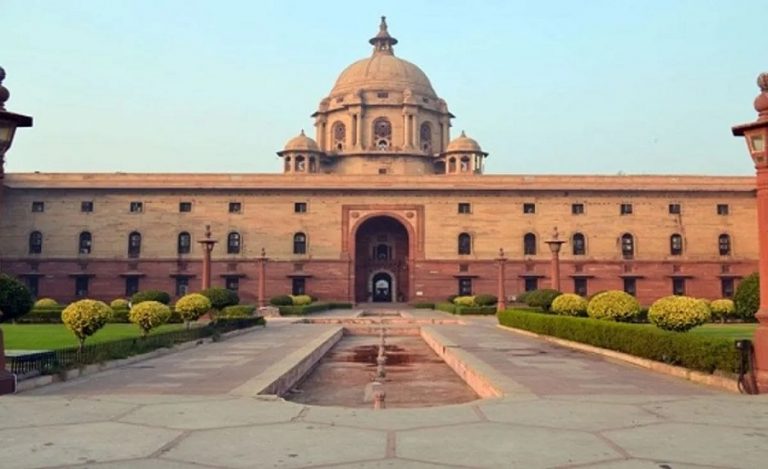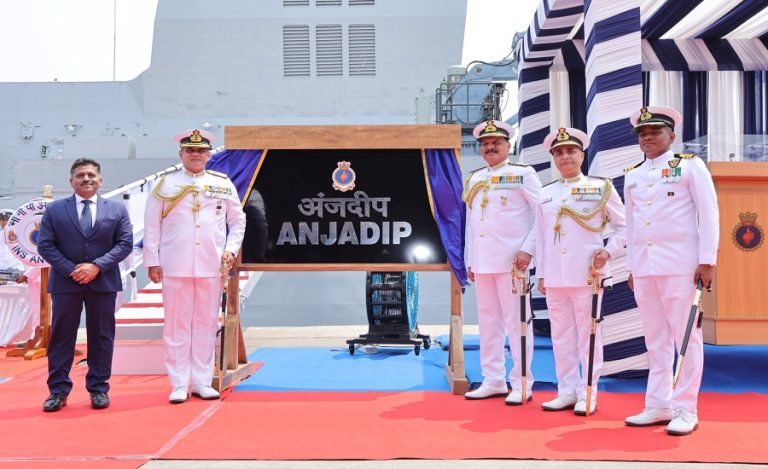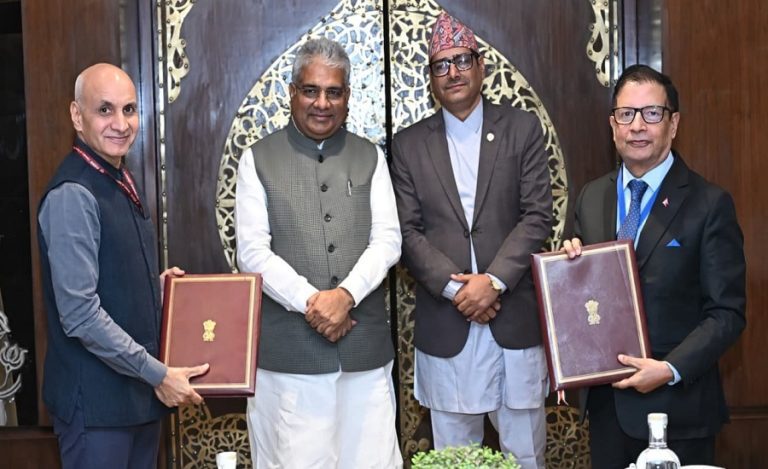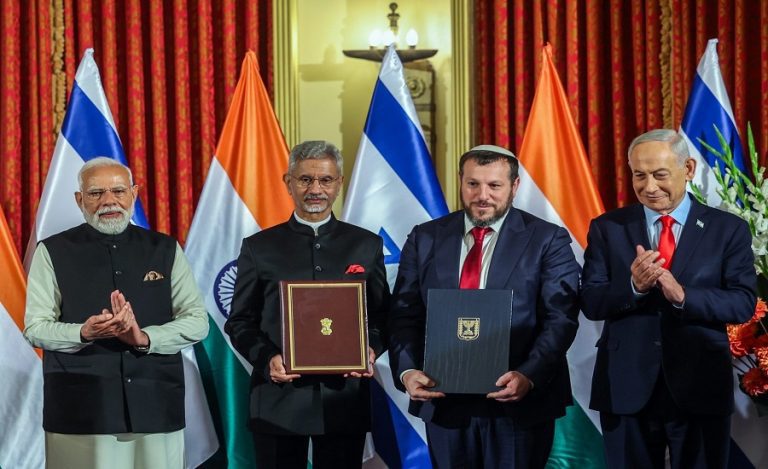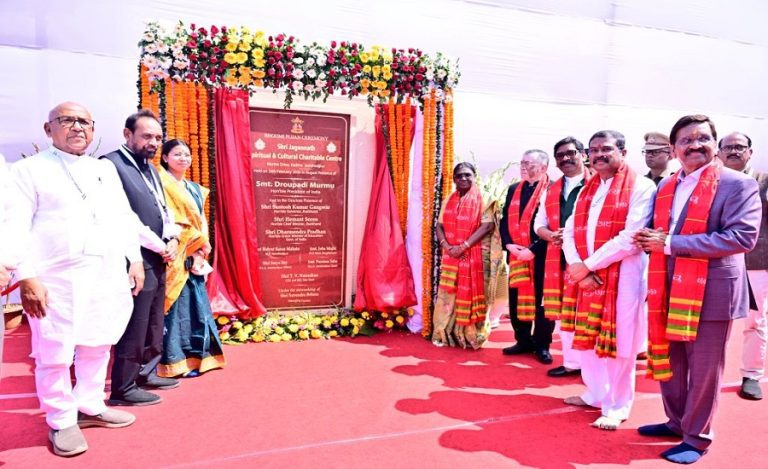New Delhi: In a significant reversal, the Supreme Court on August 8 withdrew its earlier directions against Justice Prashant Kumar of the Allahabad High Court, clarifying that its intention was never to embarrass or insult the judge. The top court emphasized that its only concern was the protection of judicial dignity and institutional integrity.
The decision follows mounting criticism over the Court’s August 4 order that had barred Justice Kumar from handling criminal matters and directed his pairing with a senior judge. The unusual administrative intervention triggered a strong reaction from the Allahabad High Court, including a letter signed by at least 13 sitting judges, urging Chief Justice Arun Bhansali not to comply with the order.
SC Steps Back, Cites Institutional Respect
A division bench comprising Justice J.B. Pardiwala and Justice R. Mahadevan clarified that the controversial directions had only been issued to safeguard the judiciary’s credibility and were not aimed at undermining a fellow judge.
“At the outset, we must clarify that our intention was not to cause embarrassment or cast aspersions on the concerned judge,” the Bench said. “The High Courts are not separate islands that can be disassociated from this institution. We acted to protect the honour and dignity of the entire judiciary.”
Acknowledging the request from Chief Justice of India B.R. Gavai, the bench officially deleted Paragraphs 25 and 26 of the August 4 order, which had directed administrative changes in Justice Kumar’s judicial responsibilities. “We leave it to the Chief Justice of the High Court to look into the matter. He is the master of the roster,” the Court added.
Earlier Order Sparked Judicial Dissent
On August 4, the apex court had expressed strong disapproval of Justice Kumar’s order allowing criminal prosecution in what was essentially a civil monetary dispute. The matter involved a supply transaction between M/S Shikhar Chemicals and a complainant, where ₹47.75 lakh had already been paid out of a ₹52.34 lakh invoice.
Justice Kumar had ruled that civil suits take too long and allowed criminal proceedings for recovery, a stance the Supreme Court called “shocking.” It quashed the order and directed that the matter be reassigned to another judge.
What elevated the controversy further was the Supreme Court’s directive barring Justice Kumar from handling criminal cases altogether an intervention widely seen as administrative overreach. The resulting backlash led to internal conversations across both courts and ultimately prompted a re-examination of the order.
Judiciary’s Self-Correction on Display
While retracting the order, the Bench maintained a firm stance on judicial accountability. “Judges at any level are expected to work efficiently and discharge their duties diligently. If the rule of law is not protected within the court itself, that would be the end of the justice delivery system,” the court said.
Reiterating that the dignity of the institution overrides individual errors, the Court explained that its earlier actions were motivated by institutional concern, not personal criticism. “When matters raise institutional concerns affecting the rule of law, this Court will be compelled to step in and take corrective steps,” it said.
Court Leaves Matter to Allahabad CJ
The Court concluded the hearing by leaving all further decisions regarding Justice Prashant Kumar’s assignment to the discretion of the Allahabad High Court Chief Justice, restoring administrative autonomy to the state’s top judicial office.
The case now stands as a moment of introspection for the higher judiciary—showing its capacity for correction, balancing authority with restraint, and reaffirming the collective commitment to judicial independence and institutional harmony.


